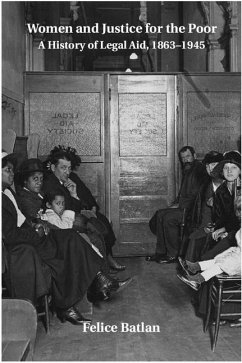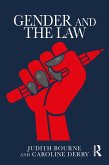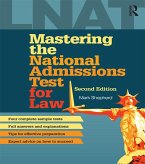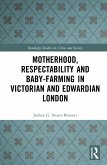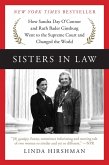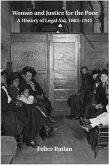This book re-examines fundamental assumptions about the American legal profession and the boundaries between 'professional' lawyers, 'lay' lawyers, and social workers. Putting legal history and women's history in dialogue, it demonstrates that nineteenth-century women's organizations first offered legal aid to the poor and that middle-class women functioning as lay lawyers, provided such assistance. Felice Batlan illustrates that by the early twentieth century, male lawyers founded their own legal aid societies. These new legal aid lawyers created an imagined history of legal aid and a blueprint for its future in which women played no role and their accomplishments were intentionally omitted. In response, women social workers offered harsh criticisms of legal aid leaders and developed a more robust social work model of legal aid. These different models produced conflicting understandings of expertise, professionalism, the rule of law, and ultimately, the meaning of justice for the poor.
Dieser Download kann aus rechtlichen Gründen nur mit Rechnungsadresse in A, B, BG, CY, CZ, D, DK, EW, E, FIN, F, GR, HR, H, IRL, I, LT, L, LR, M, NL, PL, P, R, S, SLO, SK ausgeliefert werden.
Hinweis: Dieser Artikel kann nur an eine deutsche Lieferadresse ausgeliefert werden.

